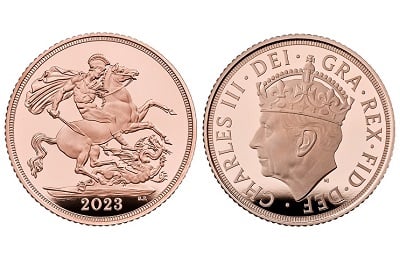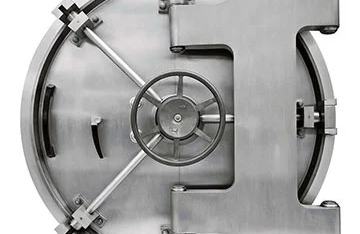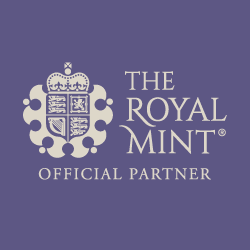How to refine scrap gold
Recycling old gold products can be a great way to turn unwanted or damaged jewellery into profit. There are two main methods of refining scrap gold; melting or chemicals. Traditional methods used centuries ago can still be used today, but the process of refining gold is difficult and can be dangerous. If processed incorrectly the gold could be spoiled, while potentially putting property or people at risk. Professionals should be employed to ensure that gold is refined safely and effectively.
Gold smelting
The oldest method for purifying gold is to melt it with fire. Gold has a
melting point of 1064 degrees Centigrade
(about 1,943 degrees Fahrenheit). This makes melting gold extremely dangerous; raising the metal to such a high temperature, and then processing it, risks severe burns. Special equipment must also be used to hold the metal in its liquid form; typically a crucible and tongs made of a heat-resistant material are needed to handle these extreme temperatures.
With the metal in its liquid form the impurities, or dross, rise to the top and can be skimmed, leaving purer gold behind. The liquid gold can then be poured into whatever shape wished, such as a bar, and resold. The new purity of the gold will likely have to be determined by an expert before being sold, and it is worth bearing in mind that if it hasn't been refined by a professional many dealers will not purchase it.
Gold recovery
The second way in which gold is refined is through the use of chemicals - specifically a Hydrochloric and Nitric Acid mix known as King's Water or Royal Water . Thanks to gold’s unique properties it is non-reactive and will remain whole, while other metals combine with the acid and produce waste products or sludge. In large scale mining operations this used to be done with mercury, and in recent years using cyanide. Both of these chemicals are toxic to humans though, as well as damaging to the environment, and their use has been reduced dramatically as a result of conscientious mining and refining principles implemented by the LBMA and other agencies.
In smaller scale refinement, such as electronic recycling or jewellery refinement, a number of acids can be used to purify your gold, but once again these processes can be incredibly dangerous. Use of highly acidic chemicals is should only ever be undertaken by a trained professional, and most metals are toxic when inhaled. The process of combining chemicals, and heating the resultant liquid, can produce lethal vapours.
The refinement of gold should only be done by professionals. Any refinement undertaken at home carries serious risks and should be supervised by someone with experience to mitigate the risks.
The Royal Mint has recently
announced their intention to use old waste electronics
as a new source of gold. Using a chemical process they will recover gold, silver and other materials. Their process has already successfully refined gold to a purity of 999.9 fineness, perfect for investment gold.
At BullionByPost we offer customers the much easier option of selling your scrap gold to us without the need to refine it. Old jewellery of 9ct, 14ct, 18ct, 22ct and 24ct purity can be sold to us at competitive rates, saving you the need to risk dangerous methods in order to make money from your scrap gold. Click here to see our scrap gold prices.
- How To Buy Gold
- How to Buy?
- Payment Options
- Delivery Options
- Gold Storage
- Storage at Brink's
- Gold Investment Guide
- Why buy gold?
- Is gold a good investment?
- Why physical gold?
- Best time to buy gold?
- Gold bars vs coins?
- Gold vs Silver
- Gold - Silver Ratio explained
- VAT on bullion
- CGT on bullion
- Legal tender coins
- Top 5 Gold Investments
- Top 5 Silver Investments
- Gold vs ISAs
- Gold vs Buy-to-Let
- Gold vs FTSE 100
- Gold vs Bitcoin
- Where to buy gold?
- Why buy from us?
- Where to sell gold?
- Coin Shops
- Gold Price Forecasts
- Top 10 Gold Producers
- Top 10 Gold Reserves
- Gold Britannia vs Sovereign
- Britannia coin designs
- Sovereign coin designs
- Sovereign Mintages
- Sovereign mint marks
- British coin specs
- What is a proof coin?
- Royal Mint bullion
- The Queen's Beasts
- Royal Mint Lunar Coins
- Bullion Refiners
- British coin mints
- Krugerrands
- Gold Tola - India & Pakistan
- Bullion Index







